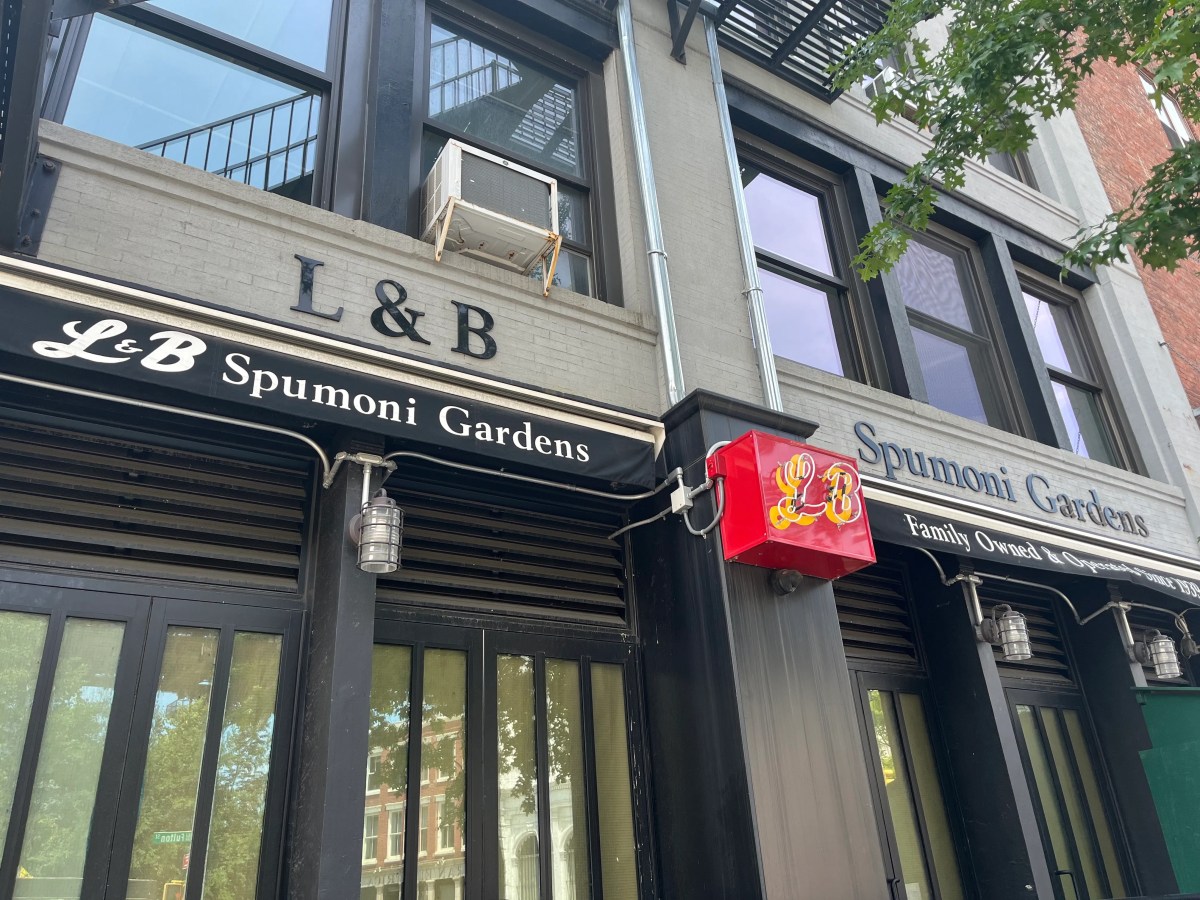Jared Kushner spent Monday mired in Russia controversy, beginning with brief prepared remarks and closed door appearance before the Senate Intelligence Committee.
The subject? The congressional investigations into Russian interference in the 2016 presidential campaign, and the possibility that those around President Donald Trump helped in that effort.
But the immediate questions at hand this week are all the things Kushner forgot. Such as multiple meetings with foreign officials that the president’s son-in-law left off his security clearance paperwork, including the particularly explosive one in which Donald Trump Jr. was offered what was advertised as damaging material about Hillary Clinton from a Russian source.
On the subject of Russian collusion, Kushner has defended himself with deniability and a cloud of forgetfulness — he at one point couldn’t even remember the Russian ambassador’s name, he said Monday.
This forgetfulness, however, is something of a pattern with Kushner. It was on full display in the double-digit revisions on financial disclosure forms Kushner released last week.
A complex web of interests
The disclosure forms show the uncharted waters Kushner travels given his wide-ranging business interests and his broad political portfolio in the Trump administration.
“A government employee is allowed to be making money off investments,” says Lawrence Noble, senior director and general counsel at the nonprofit Campaign Legal Center and a former general counsel at the Federal Election Commission. Typically, federal employees might make money off their investments in mutual funds, for example, which provide fewer conflicts of interest. But Kushner’s situation has been much more tricky.
“The problem is the nature of the investments he has and whether they present a conflict,” says Noble. With Kushner, active investments and ownership of companies provide more opportunities for conflicts of interest.
Upon taking a White House position, Kushner began divesting from some of those interests. But he appears to have “inadvertently omitted” more than 70 assets worth at least $10 million, which he belatedly announced last week.
Those assets include some scrutiny-worth investments like a stake in Cadre, the real estate investment company Kushner co-founded with his brother. The holding is estimated between $5 and $25 million, according to Kushner’s revised disclosure. Cadre’s fortunes could plausibly be affected by decisions or discussions Kushner has in his government portfolio, Noble says.
Siri, remind me to disclose
Beyond individual lines on the updated filing, which runs 89 pages, the revisions represent an “uncommon” number of exclusions, says Noble.
Along with the omissions on Kushner’s security clearance application — which included adding more than 100 meetings with foreign officials, blamed on an assistant’s error — some observers question if a pattern is emerging.
“It adds up to a pattern of obfuscation,” says Stephen Spaulding, chief of strategy and external affairs at the good government group Common Cause.
Or — perhaps equally disturbing for an official with such sweeping portfolio and ambition — a “larger pattern of negligence,” Spaulding says.
Kushner’s lawyer, Jamie Gorelick, says he is “in compliance with federal ethics law,” and Kushner himself made a rare public statement Monday saying flatly that he did not collude with Russia.
Congressional investigators and special counsel Robert Mueller are probing that subject, with some critics calling for Kushner’s security clearance to be revoked.
Either way, Kushner’s financial situation isn’t entirely clarified, even with the new round of disclosure. Those filings show that there are still a long list of active Kushner holdings, meaning a long list of potential conflicts depending on what debates and decisions Kushner wanders into over the coming years.
“At the bare minimum,” says Spaulding, the Common Cause counsel, Kushner should “divest from all assets that pose a conflict.”
That will take some remembering.




































